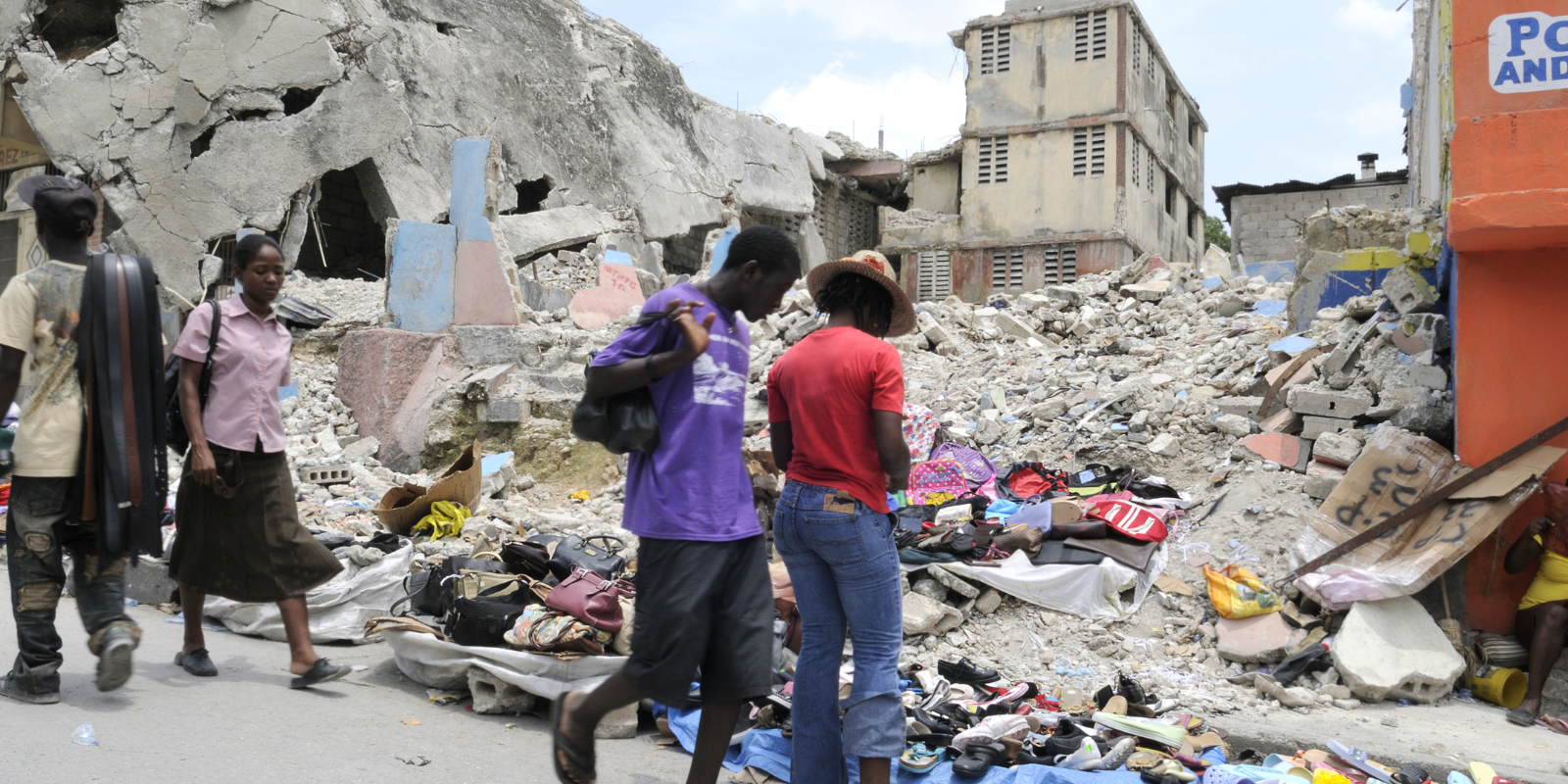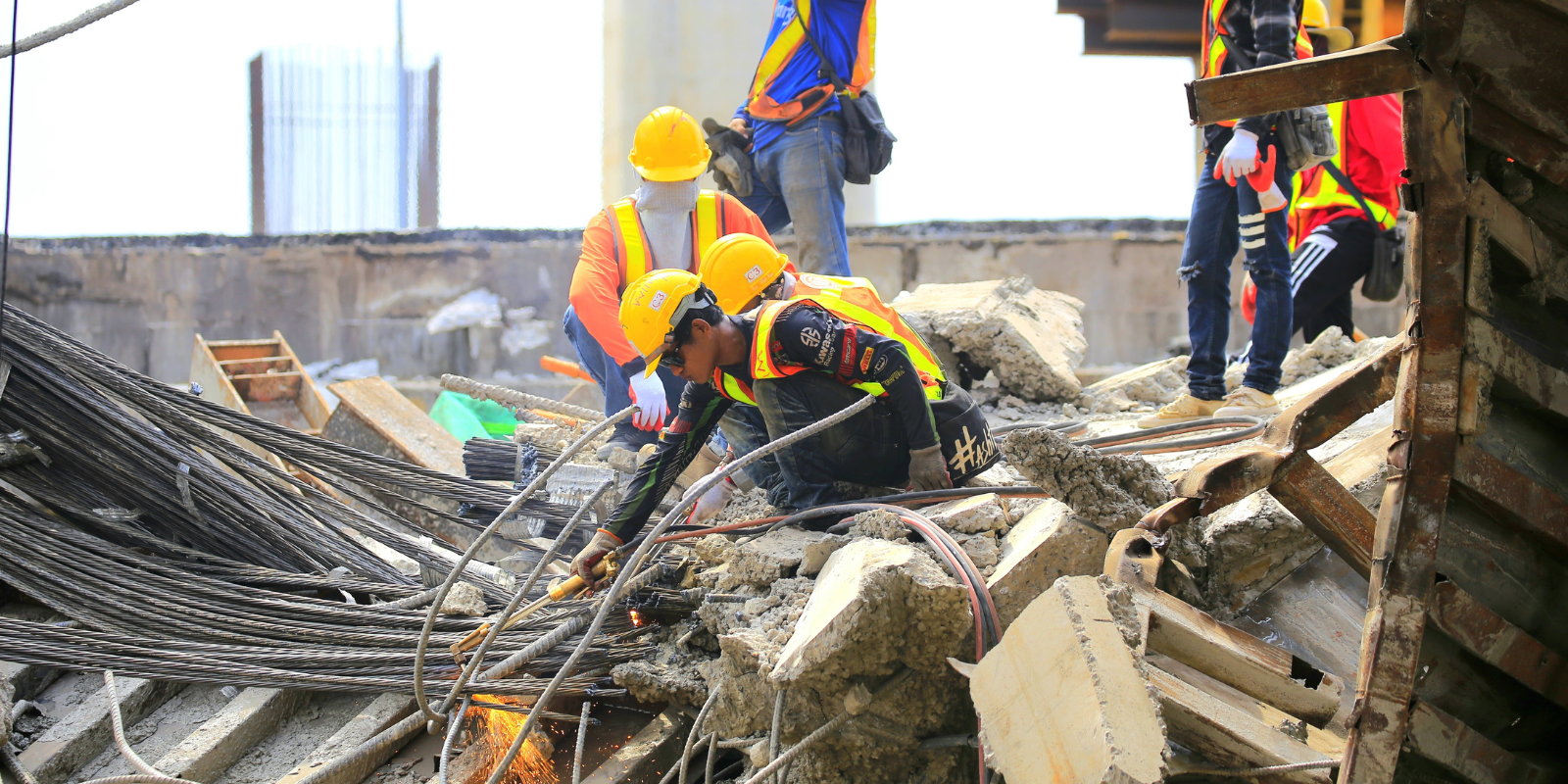As Aubree Turner relaxed her arm and waited for the poke, the importance of the vaccination training with her fellow students that September day weighed more heavily on her mind than usual. With flu season near, and a pandemic not relenting, Turner knew this clinical exercise soon would be put to a real test.
Demand for the Skaggs School of Pharmacy and Pharmaceutical Sciences students to help with flu-shot clinics has risen to its highest level since 2009’s H1N1 epidemic, said Associate Professor Wesley Nuffer, PharmD. And the COVID-19 pandemic, which recently surpassed the 1 million mark in worldwide deaths, adds an even bigger sense of urgency to the call to service, he said.

Aubree Turner, left, takes her turn playing patient as fellow pharmacy student Stephanie Vagias lines up for the shot. The vaccination training was a make-up session for students who missed out last spring because of the pandemic's unwelcome interruption.
“It’s really worries of the double whammy – having COVID and then having flu on top of that,” said Nuffer, the University of Colorado pharmacy school’s co-assistant director of experiential learning. Concern about the potential strain on the healthcare system and of patients presenting with both viruses has created the heightened alert, making flu shots more critical than ever, he said.
Answering a public-health call
In response to the demand, the school decided on training last year’s first-year students – who missed the required certification course because of COVID-19 – this fall rather than having them wait a year. It also bumped this next spring’s course up to February to further boost the number of students who stood ready for the massive COVID vaccination campaign to come.
“There was a lot of discussion about it,” said Jay Bolan, senior academic coordinator of experiential programs. “Everyone felt very strongly that we would be doing a disservice to the public and the communities that our students serve if we didn’t have them certified as immunizers sooner,” Bolan said.
“It’s really worries of the double whammy –
having COVID and then having flu on top of that.”
– Wesley Nuffer on why the pharmacy school is
experiencing an unusual number of calls
for help with flu-shot clinics
CU pharmacy students regularly volunteer at flu-shot clinics. (The school recently held a clinic on Oct. 2, offering 100 influenza vaccines to students and their families at Park Lane Elementary School in Aurora.) Nuffer said providers across the country are looking at this year’s flu campaign as a “dry run” for when the COVID-19 vaccine becomes available.
Getting the country back to “normal” largely depends on a mass public vaccination, Nuffer said. With the government’s Operation Warp Speed funding vaccine trials across the country, including on the CU Anschutz Medical Campus, Nuffer said experts predict COVID-19 vaccines could begin rolling into pharmacies by next summer.
Enhancing perception of field
Laying the groundwork for mass dispersal, the U.S. Department of Health and Human Services recently authorized all licensed pharmacists to order and administer, along with pharmacy interns, the SARS-CoV-2 vaccines when they roll out. That’s a boon to his students and his profession, Nuffer said.
“The public doesn’t have a very good handle on all of the things that pharmacists do and the essential roles they have within this pandemic,” he said. As the field continues to evolve, pharmacists are increasingly becoming critical players in healthcare. “This is just another way that we can really show how we are contributing to public health,” Nuffer said.
A crucial part of the pharmacy students’ training, beyond giving the shots, involves learning about vaccines and their development and safety so they can educate the public, Nuffer said.

Jessica Van Laren, left, gets her bandage from her training partner, Madison Ward. The pharmacy students are gearing up for flu-season clinic volunteering and eventually a COVID-19 vaccination campaign.
“It’s a difficult issue, because there are so many people who have this anti-vaccine belief,” he said. “So it’s really important to also get good, accurate information out there.”
Acknowledging public concern about the rapid-fire pace of the COVID-19 vaccine production, Nuffer said it’s important to know that because of the major monetary investment behind the effort, safety is not being sacrificed. “In the end, you should have all the same safety data that you would have with any vaccine.”
‘Living a part of history’
The heightened importance of training isn’t lost on her and her fellow students, said Turner, one of the students who were unable to attend the training last spring because of the COVID shutdown.
“Knowing in the back of our minds that there will be a COVID-19 vaccine hopefully soon, and that we will be the ones on the front line giving them, put kind of a chip on our shoulders,” Turner said. “We know we need to be prepped for this and be at the top of our game right now.”
Turner said she intends to volunteer for vaccination clinics as much as possible and that she considers being in pharmacy school during a major pandemic a benefit – however unwelcomed – to her education.
“I can use my skills and my knowledge to help the public in a time of need,” she said. “I think most of us are acknowledging that we are living a part of history and that we need to try to take advantage of all of this and just show the rest of the healthcare field and the mass population that pharmacists play an important role in healthcare.”



